HPE forced to offload Instant On networking division and license Juniper’s AI Ops source code in DOJ settlement
HPE chief exec Antonio Neri said the settlement “preserves the intended benefits” of the deal

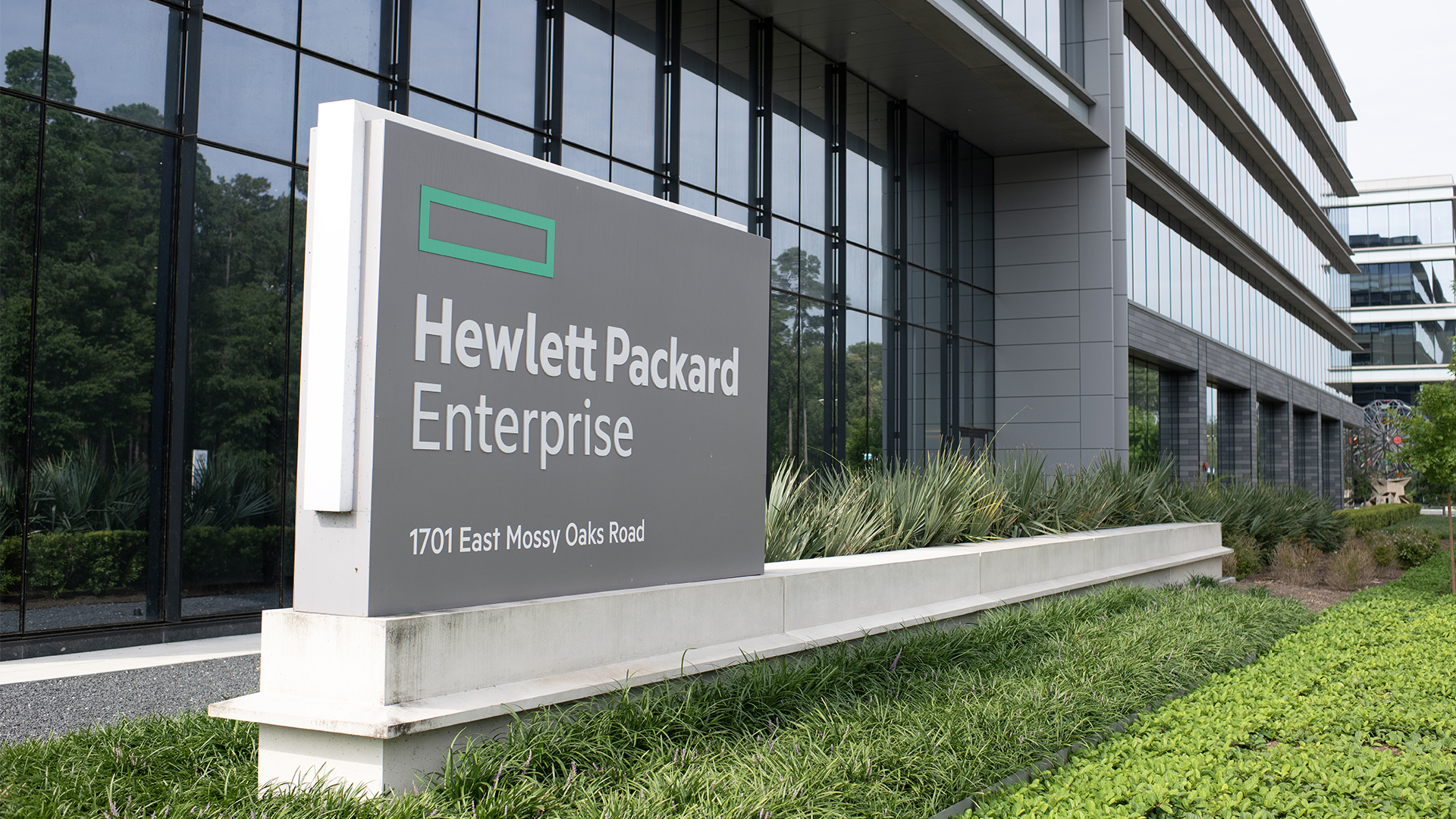
Sign up today and you will receive a free copy of our Future Focus 2025 report - the leading guidance on AI, cybersecurity and other IT challenges as per 700+ senior executives
You are now subscribed
Your newsletter sign-up was successful
The US Justice Department (DOJ) has settled a lawsuit contesting HPE’s $14 billion acquisition of Juniper Networks.
As part of the settlement, HPE will be required to make concessions to push the deal through. This includes divesting its ‘Instant On’ wireless networking division within 180 days, court filings show.
That means the company will be required to offload all assets, IP, and customers related with this particular area of the business.
Elsewhere, HPE is also required to hold an auction to license source code for Juniper’s AI Ops for Mist platform.
“The license will be perpetual, non-exclusive, and include optional transitional support and personnel transfers to facilitate competition,” the DOJ said in a statement on Friday.
While the settlement requires approval by a judge, this does pave the way for the acquisition, according to HPE chief executive Antonio Neri.
In a statement issued last week, Neri welcomed the move and said the settlement “preserves the intended benefits of this deal” and will create “greater competition in the global networking market”.
Sign up today and you will receive a free copy of our Future Focus 2025 report - the leading guidance on AI, cybersecurity and other IT challenges as per 700+ senior executives
“For the first time, customers will now have a modern network architecture alternative that can best support the demands of AI workloads,” he said.
“The combination of HPE Aruba Networking and Juniper Networks will provide customers with a comprehensive portfolio of secure, AI-native networking solutions, and accelerate HPE’s ability to grow in the AI data center, service provider and cloud segments.”
HPE has had to battle for the Juniper deal
HPE first announced plans to acquire Juniper Networks in 2024, but the deal quickly sparked competition concerns. The company noted that the acquisition would create a new contender in the global networking market and enable it to double the scale of its networking business.
However, the DOJ announced legal action in January in a bid to block the deal, arguing that it would stifle competition in the space. If approved, the acquisition would mean Cisco and HPE would control more than 70% of the US networking market combined.
The DOJ specifically highlighted competition in the WLAN supply market as a key concern, suggesting that cutting competition in the space would harm innovation and impact customers.
HPE and Juniper were the second and third largest suppliers of WLAN equipment in the US, ranked behind Cisco.
A back and forth between the DOJ and HPE quickly unfolded in the wake of the legal action, with the latter suggesting the department was “divorced from reality” and that any block would benefit competitors.
The DOJ’s attempt to contest the deal also came after European and UK regulators approved the deal in August of last year.
MORE FROM ITPRO
- HPE just announced huge changes to its channel programs
- HPE GreenLake gets the agentic AI treatment
- HPE unveils Mod Pod AI ‘data center-in-a-box’ at Nvidia GTC

Ross Kelly is ITPro's News & Analysis Editor, responsible for leading the brand's news output and in-depth reporting on the latest stories from across the business technology landscape. Ross was previously a Staff Writer, during which time he developed a keen interest in cyber security, business leadership, and emerging technologies.
He graduated from Edinburgh Napier University in 2016 with a BA (Hons) in Journalism, and joined ITPro in 2022 after four years working in technology conference research.
For news pitches, you can contact Ross at ross.kelly@futurenet.com, or on Twitter and LinkedIn.
-
 Cyber experts issue warning over new phishing kit that proxies real login pages
Cyber experts issue warning over new phishing kit that proxies real login pagesNews The Starkiller package offers monthly framework updates and documentation, meaning no technical ability is needed
-
 Microsoft hails advances in glass data storage
Microsoft hails advances in glass data storageNews Project Silica uses lasers to encode data into borosilicate glass, where it stays stable for thousands of years
-
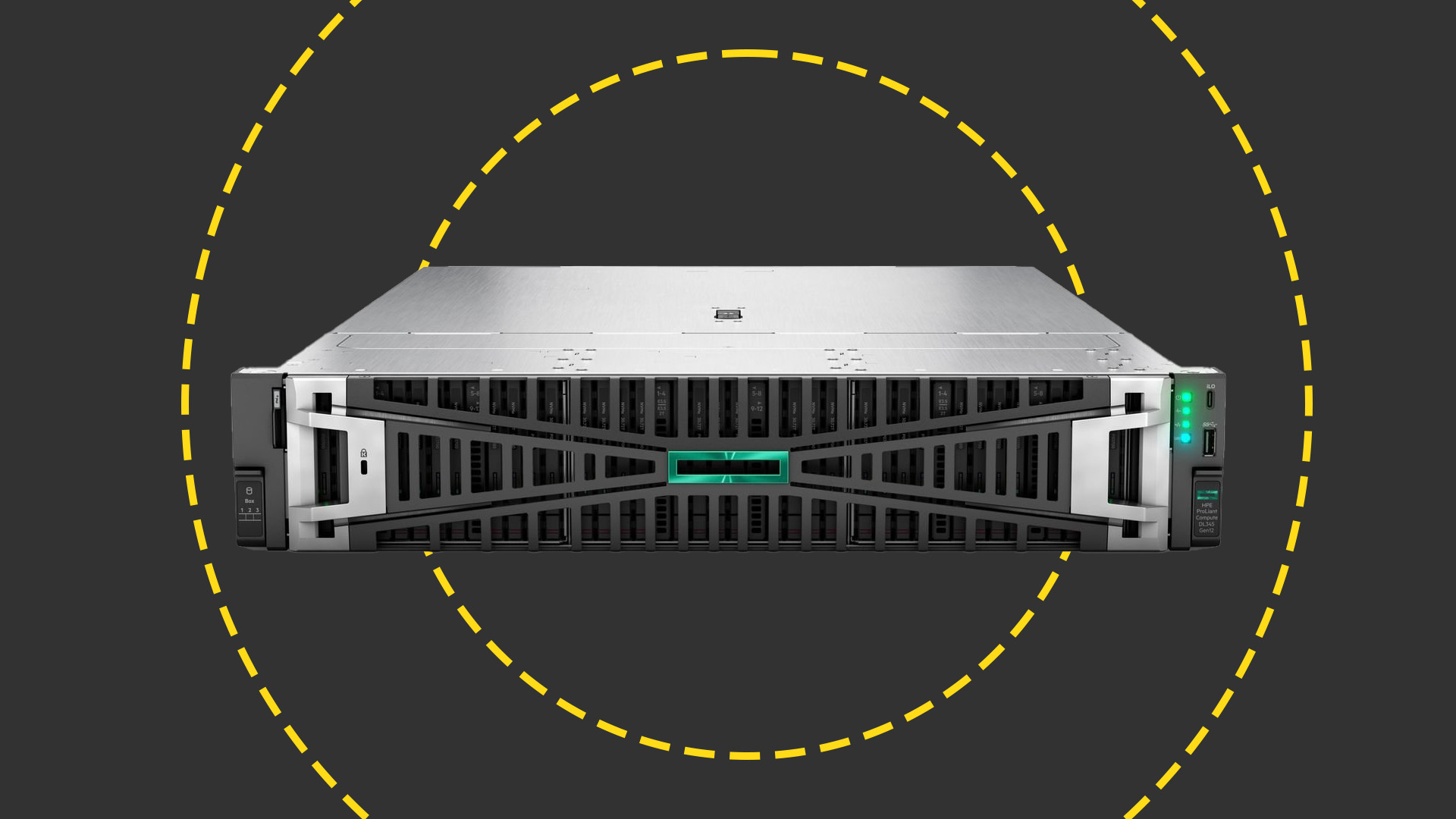 HPE ProLiant Compute DL345 Gen12 review: A truly EPYC single socket rack server
HPE ProLiant Compute DL345 Gen12 review: A truly EPYC single socket rack serverReviews The big EPYC core count and massive memory capacity make this affordable single-socket rack server ideal for a wide range of enterprise workloads
-
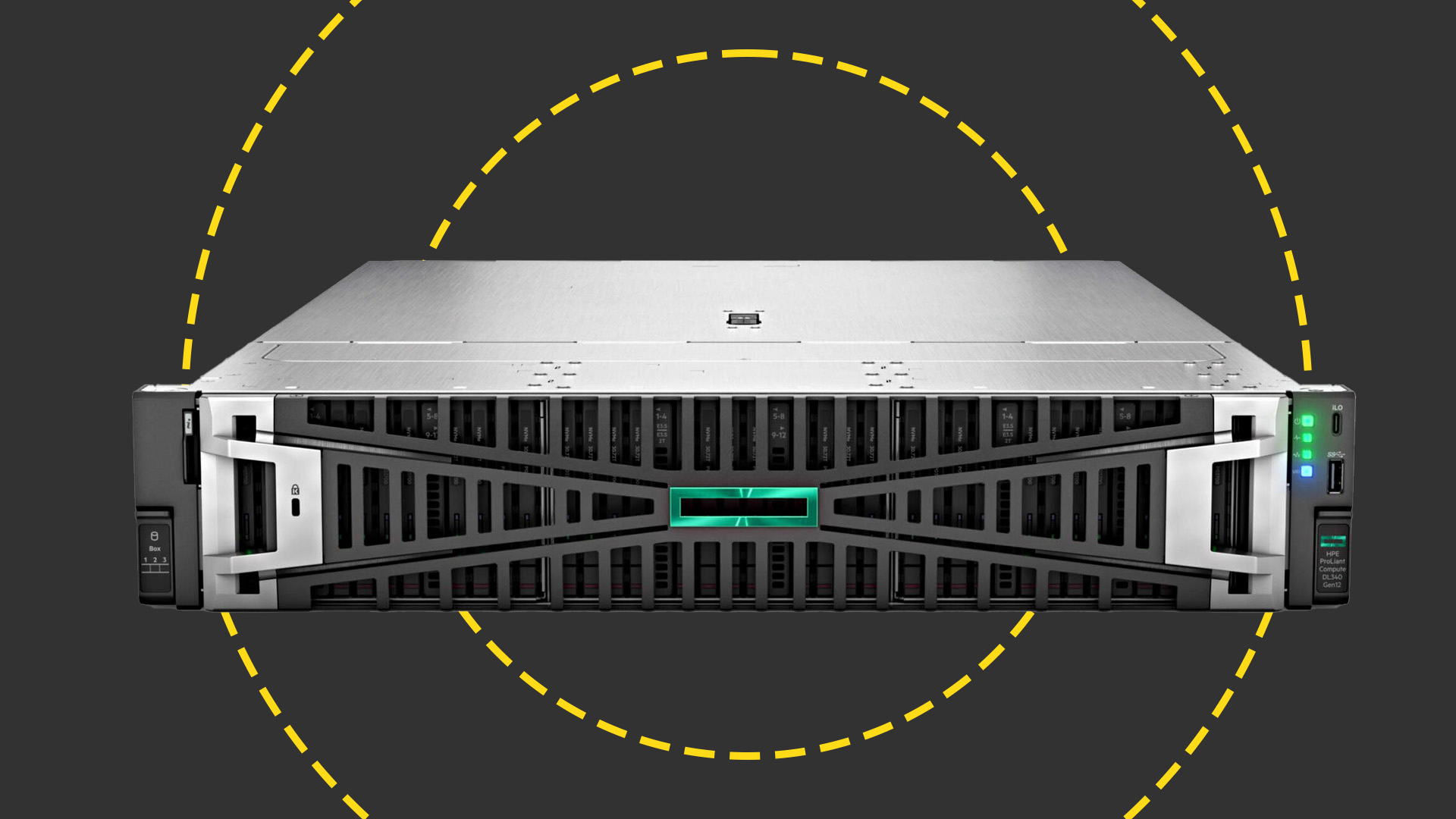 HPE ProLiant Compute DL340 Gen12 review: An appealing alternative to dual-socket Xeon 6 rack servers
HPE ProLiant Compute DL340 Gen12 review: An appealing alternative to dual-socket Xeon 6 rack serversReviews Big on core density, storage, and expansion, HPE's new DL340 Gen12 rack server offers an energy-efficient Xeon 6 solution at an affordable price
-
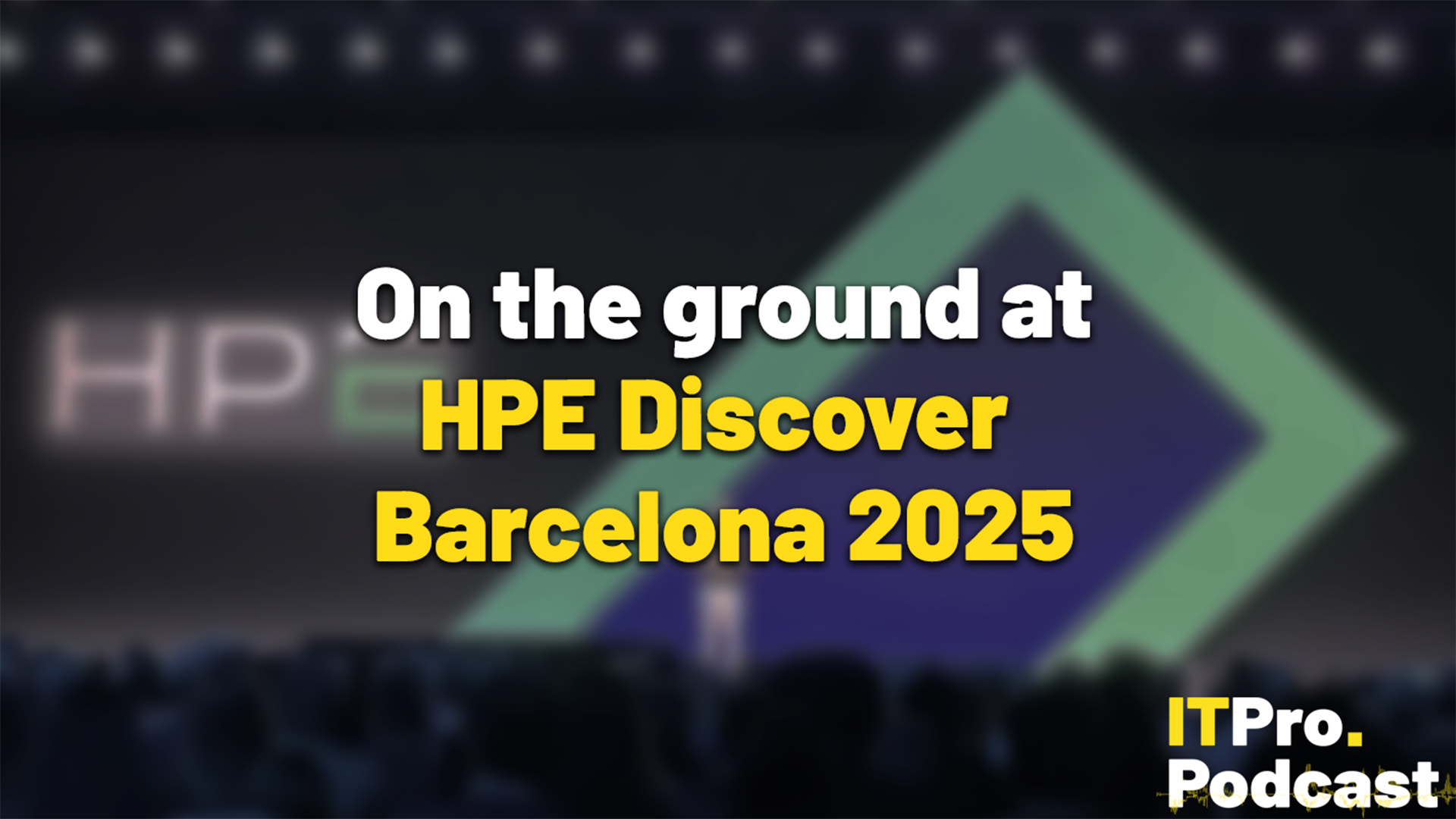 On the ground at HPE Discover Barcelona 2025
On the ground at HPE Discover Barcelona 2025ITPro Podcast This is a pivotal time for HPE, as it heralds its Juniper Networks acquisition and strengthens ties with Nvidia and AMD
-
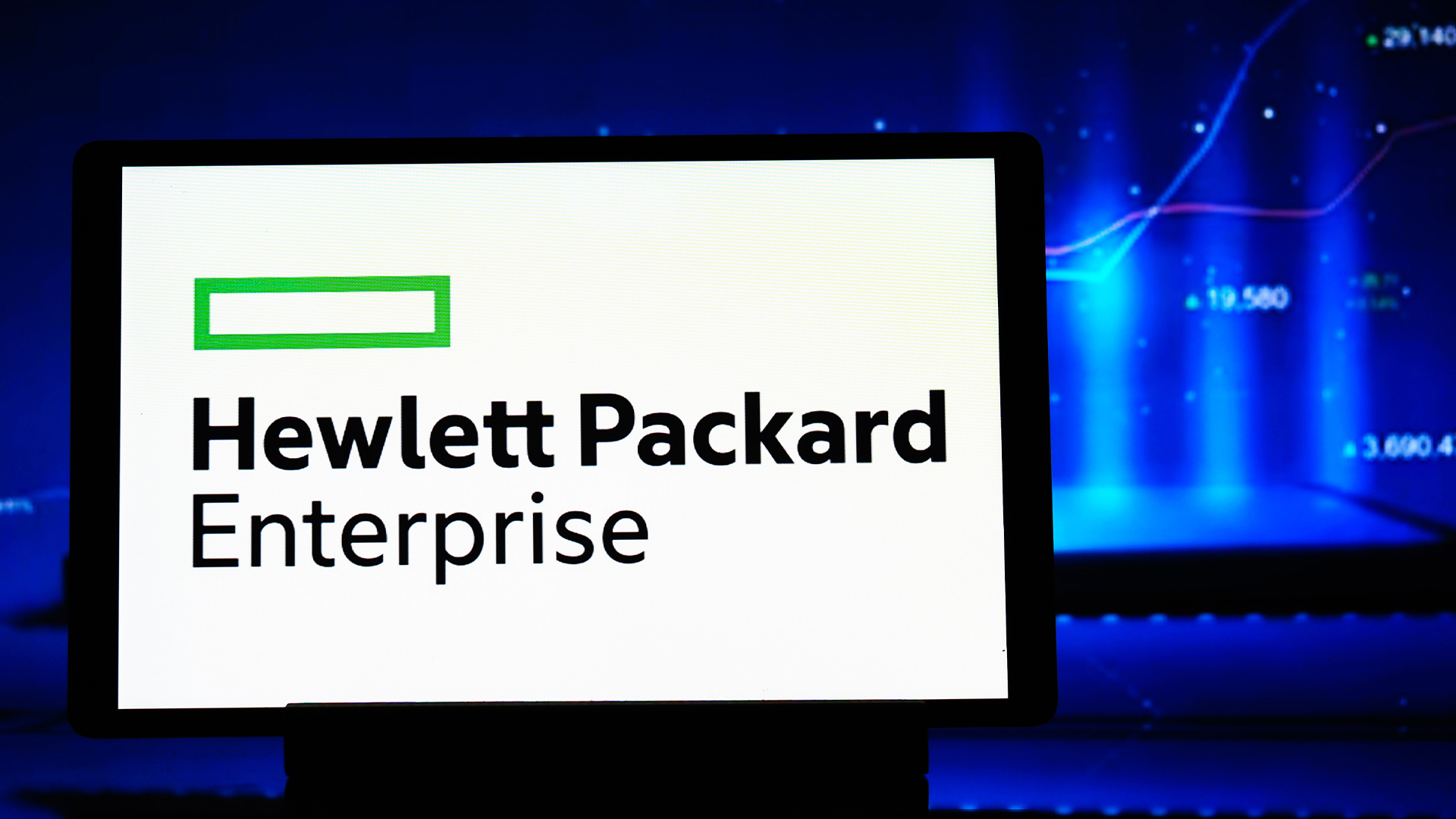 HPE promises “cross pollinated" future for Aruba and Juniper
HPE promises “cross pollinated" future for Aruba and JuniperNews Juniper Networks’ Marvis and LEM capabilities will move to Aruba Central, while client profiling and organizational insights will transfer to Mist
-
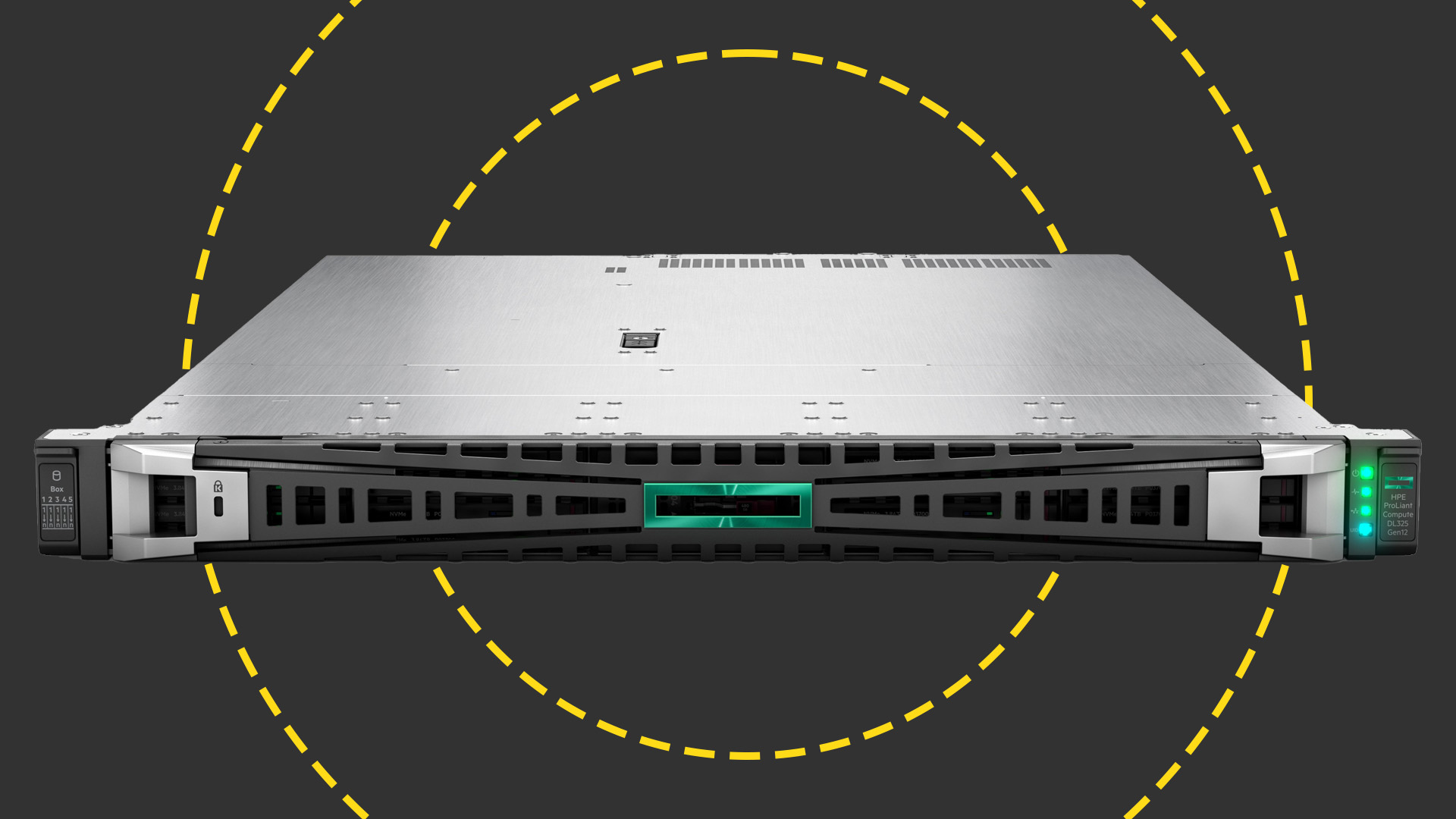 HPE ProLiant Compute DL325 Gen12 review: A deceptively small and powerful 1P rack server with a huge core count
HPE ProLiant Compute DL325 Gen12 review: A deceptively small and powerful 1P rack server with a huge core countReviews The DL325 Gen12 delivers a CPU core density and memory capacity normally reserved for expensive, power-hungry dual-socket rack servers
-
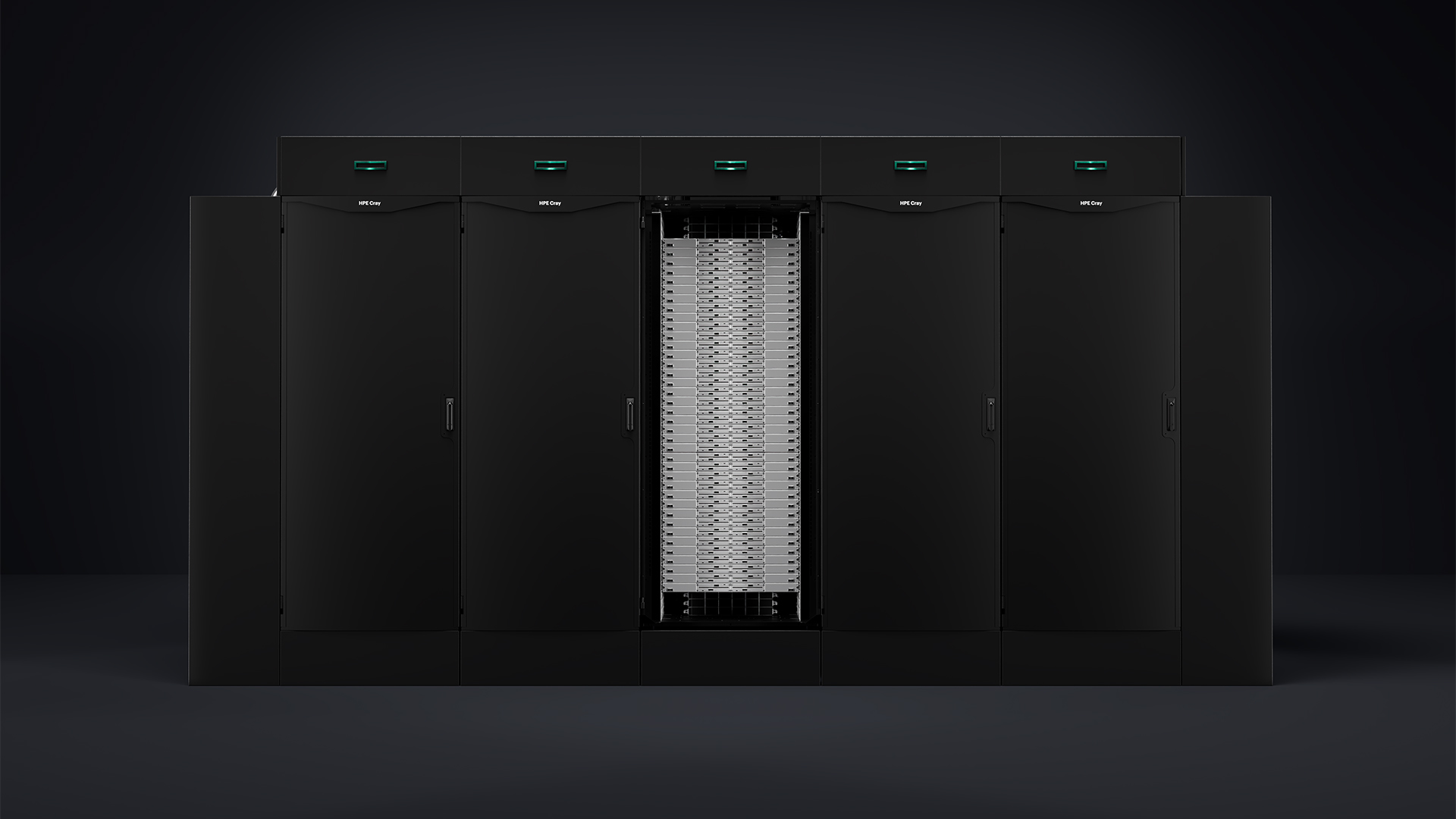 HPE's new Cray system is a pocket powerhouse
HPE's new Cray system is a pocket powerhouseNews Hewlett Packard Enterprise (HPE) has unveiled new HPC storage, liquid cooling, and supercomputing offerings ahead of SC25
-
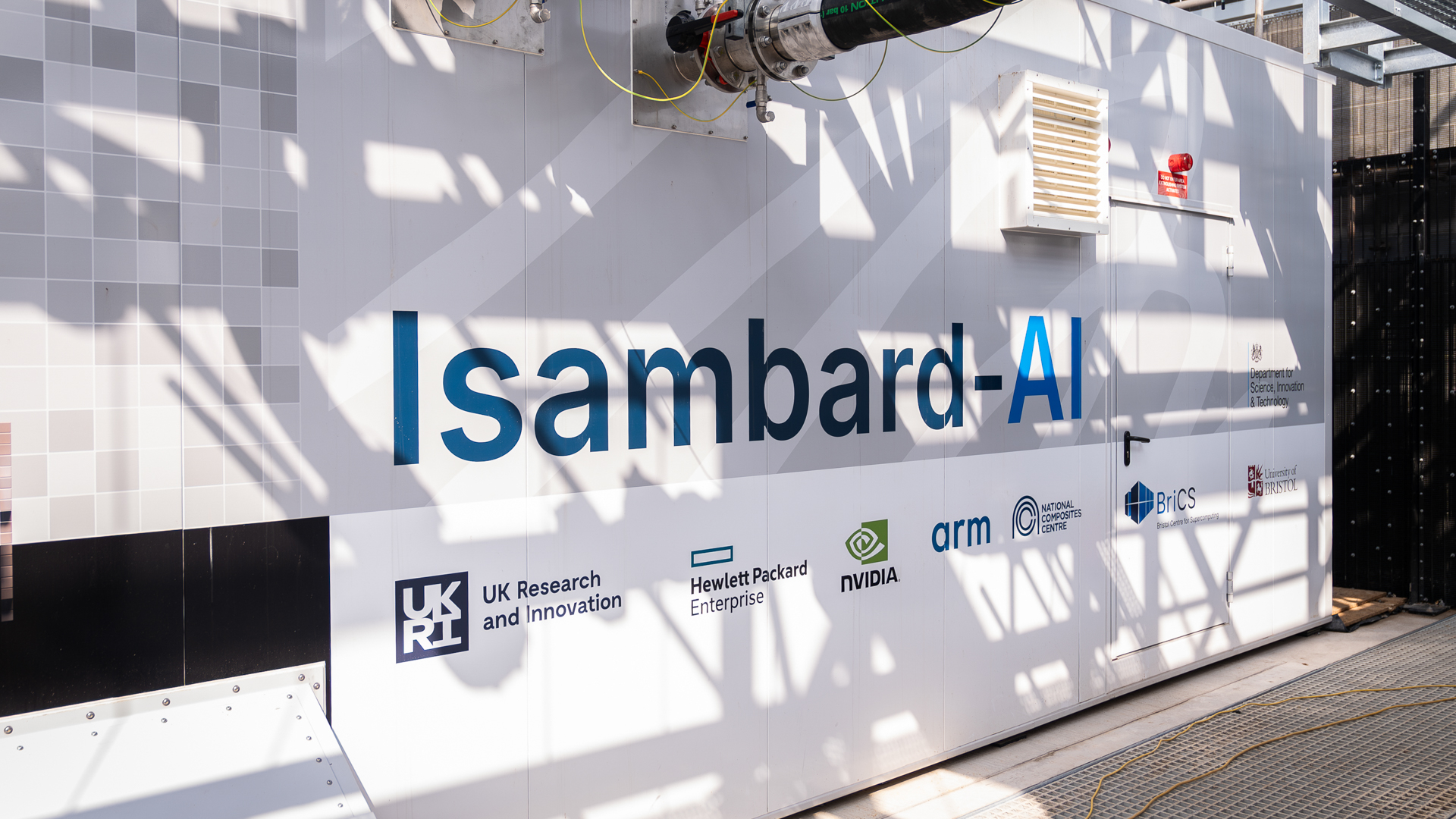 Inside Isambard-AI: The UK’s most powerful supercomputer
Inside Isambard-AI: The UK’s most powerful supercomputerLong read Now officially inaugurated, Isambard-AI is intended to revolutionize UK innovation across all areas of scientific research
-
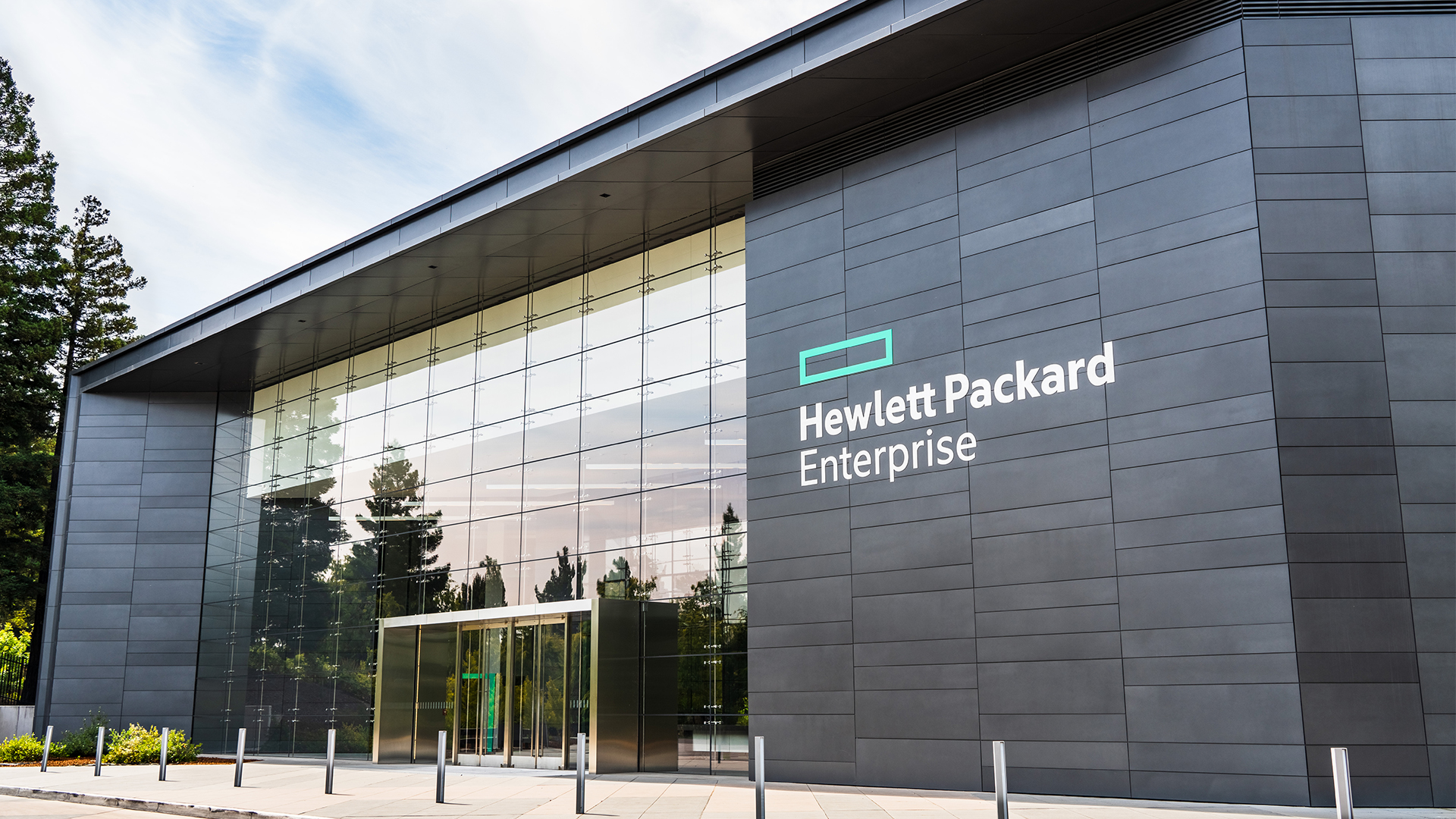 HPE eyes enterprise data sovereignty gains with Aruba Networking Central expansion
HPE eyes enterprise data sovereignty gains with Aruba Networking Central expansionNews HPE has announced a sweeping expansion of its Aruba Networking Central platform, offering users a raft of new features focused on driving security and data sovereignty.